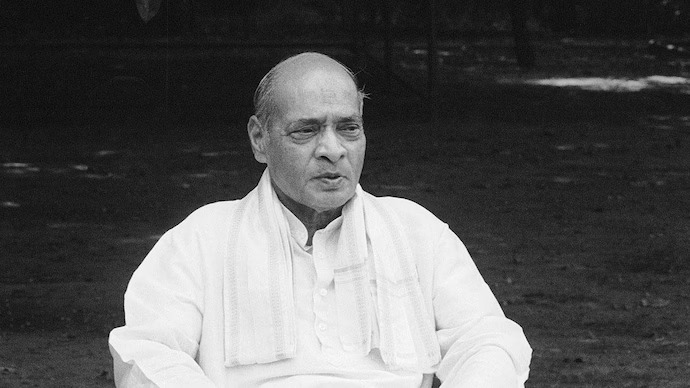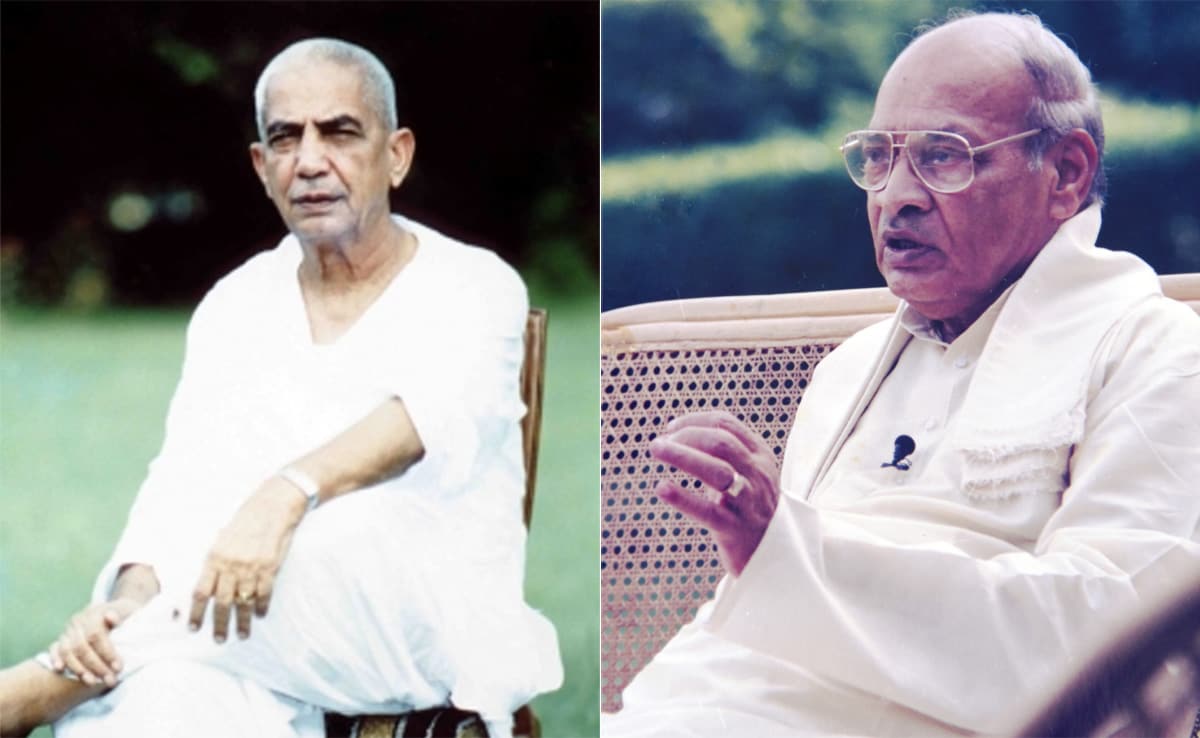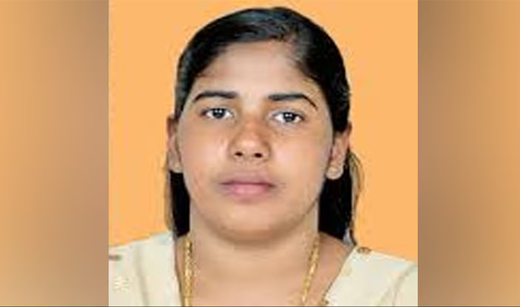The recent conferment of the Bharat Ratna upon P.V. Narasimha Rao, a former Prime Minister often sidelined by his party, sent shockwaves through Indian politics. For the Congress, the moment demanded a delicate waltz between acknowledging Rao’s legacy and safeguarding their narrative, particularly in the heat of an impending election. Their response unfolded like a meticulously choreographed tango, each step measured with potential political gains and pitfalls in mind.
 Congress President Mallikarjun Kharge took the lead, offering a seemingly straightforward toast to Rao’s contributions. He lauded his role in nation-building, the nuclear program, and the economic reforms undertaken during his tenure. However, beneath the surface lay subtle historical footnotes. By emphasizing the Congress’s association with these pivotal developments, Kharge subtly reminded the public of their role in shaping Rao’s achievements, reclaiming a narrative sometimes contested by their rivals.
Congress President Mallikarjun Kharge took the lead, offering a seemingly straightforward toast to Rao’s contributions. He lauded his role in nation-building, the nuclear program, and the economic reforms undertaken during his tenure. However, beneath the surface lay subtle historical footnotes. By emphasizing the Congress’s association with these pivotal developments, Kharge subtly reminded the public of their role in shaping Rao’s achievements, reclaiming a narrative sometimes contested by their rivals.
Former Congress President Sonia Gandhi adopted a more restrained approach. Her measured welcome, devoid of elaborate commentary, served multiple purposes. On one hand, it acknowledged the honour bestowed upon Rao. On the other, it avoided potential interpretations of political opportunism, especially with elections looming. This strategic ambiguity allowed the Congress to maintain a public persona of impartiality, keeping their stance above the fray.
Senior leader P. Chidambaram’s response resonated with a sharper note. While welcoming the recognition of “secular, socialist leaders,” he subtly reminded the BJP of their past criticisms towards these very figures. This veiled jab served as a reminder of the ideological chasm between the parties and the BJP’s past stance on Rao’s legacy. Moreover, his pointed mention of the “eve of general elections” hinted at potential political motivations behind the timing of the awards, suggesting a calculated attempt to woo voters in the south, where the BJP faces electoral challenges. This accusation, if resonated with the public, could paint the BJP’s decision as politically driven, potentially undermining its intended impact.
The Congress party finds itself navigating a delicate political tightrope. Recognizing Rao’s contributions aligns with their historical narrative, but outright celebratory pronouncements could be seen as opportunistic manoeuvring ahead of elections. Their measured responses attempt to strike a balance: acknowledging Rao’s achievements while subtly reminding the public of their association with his legacy and suggesting potential ulterior motives behind the BJP’s decision.
Whether the Congress’s nuanced approach translates into electoral gains remains to be seen. Ultimately, the impact of Rao’s Bharat Ratna and the Congress’s response will depend on how voters perceive and interpret these events within the larger context of the upcoming elections. The coming months will reveal whether the award serves as a genuine recognition of Rao’s legacy or becomes another pawn in the complex game of Indian politics, its impact determined by the strategic moves and countermoves on the political chessboard.
However, the story doesn’t end with the immediate reactions. This event has the potential to reverberate beyond the current electoral cycle. It could prompt a national conversation about historical revisionism, the appropriation of legacies for political gain, and the true measure of leadership. Rao’s Bharat Ratna might just be the opening act in a larger drama, one where the audience holds the ultimate power to decide who gets a standing ovation and who faces the curtain.




